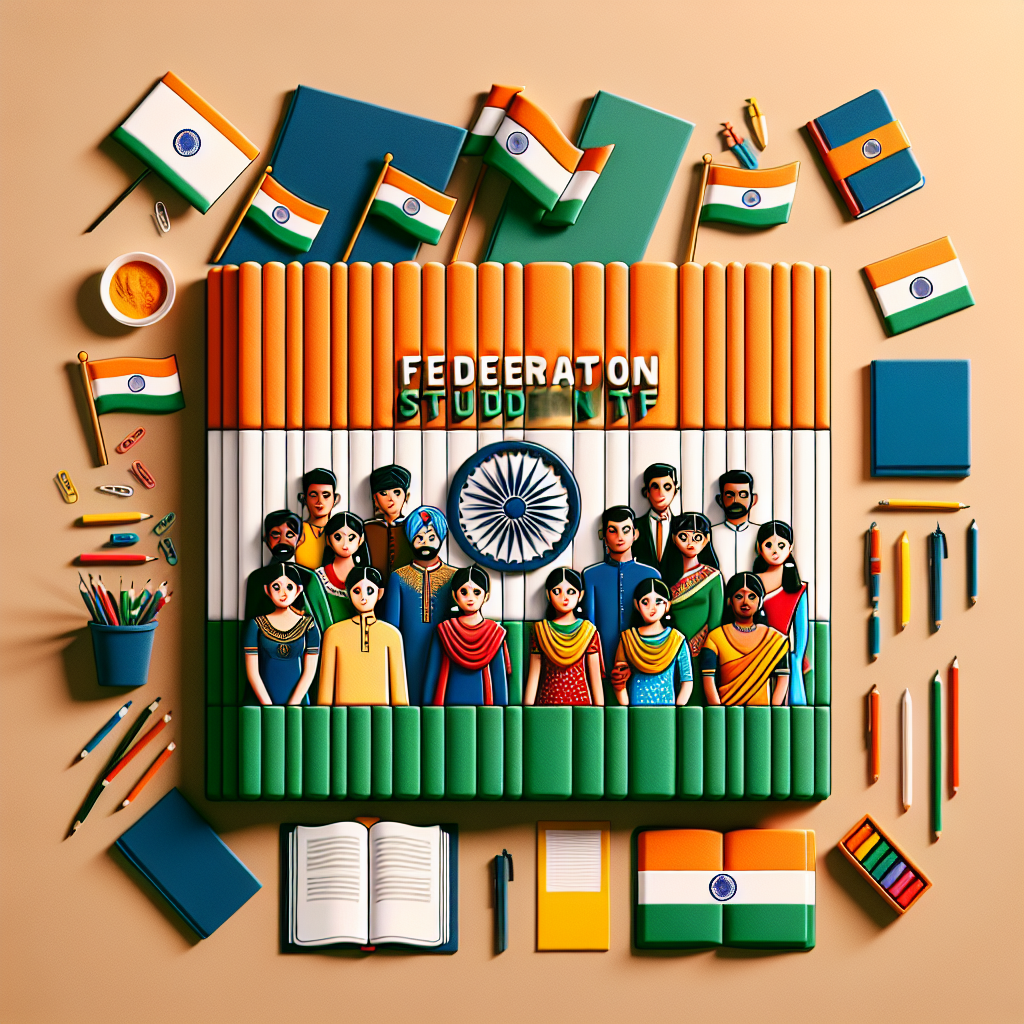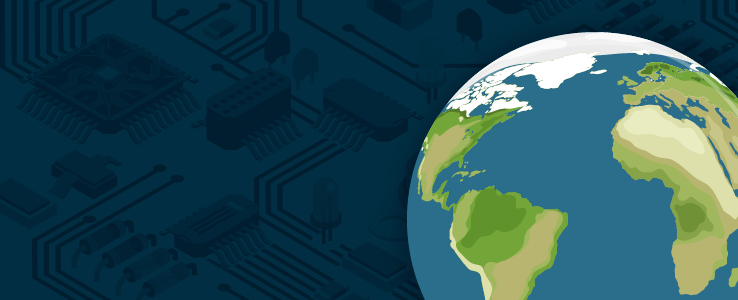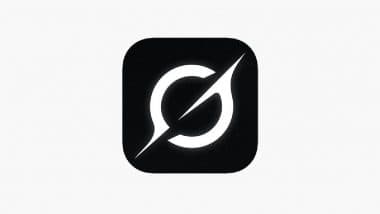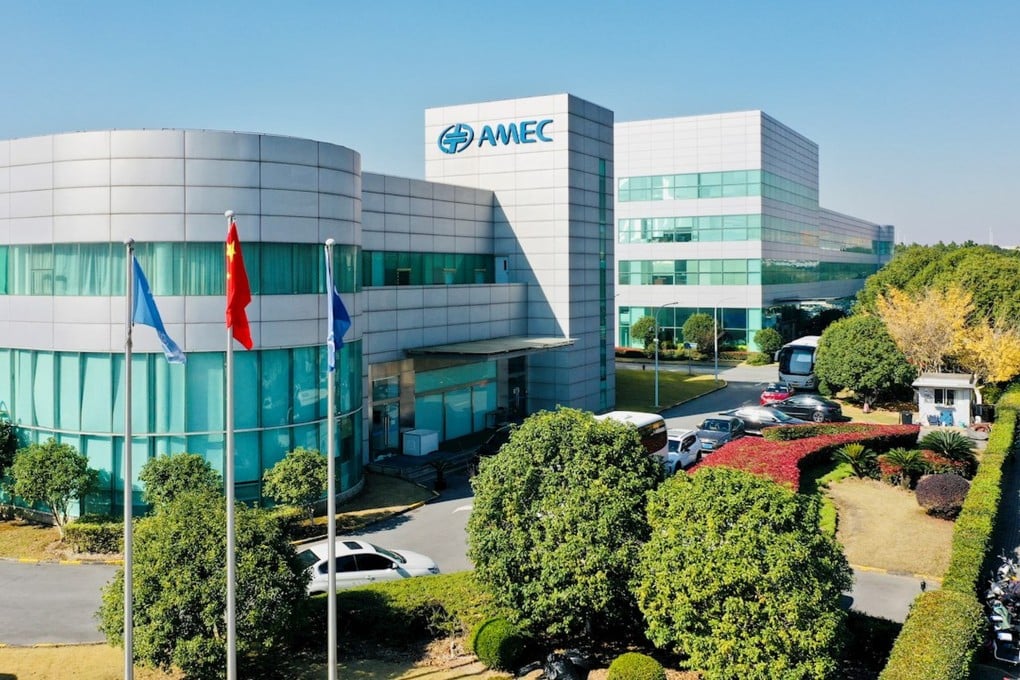A group of ex-OpenAI workers submitted a suggested amicus brief on Friday in favour of Elon Musk’s lawsuit against OpenAI, contesting the company’s planned transition from nonprofit to for-profit status. Lawrence Lessig, a Harvard law professor and founder of Creative Commons, filed the brief, which names 12 former OpenAI employees: Steven Adler, Rosemary Campbell, Neil Chowdhury, Jacob Hilton, Daniel Kokotajlo, Gretchen Krueger, Todor Markov, Richard Ngo, Girish Sastry, William Saunders, Carrol Wainwright, and Jeffrey Wu. It argues that if OpenAI’s non-profit relinquished control over the organization’s economic activities, it would “fundamentally violate its mission.
” Several former employees have already spoken out publicly about OpenAI’s policies. Krueger has urged the business to increase accountability and transparency, while Kokotajlo and Saunders have already warned that OpenAI is engaged in a “reckless” race for AI domination. Wainwright claims that OpenAI “should not [be trusted] when it promises to do the right thing later.

” According to an OpenAI spokeswoman, the foundation “isn’t going anywhere” and its objective “will remain the same.” “Our board has been very clear,” the representative told TechCrunch over email. “We’re turning our existing for-profit arm into a public benefit corporation (PBC) — the same structure as other AI labs like Anthropic — where some of these former employees now work — and [Musk’s AI startup] xAI.
” OpenAI was started as a charity in 2015, but it changed to a “capped-profit” in 2019 and is currently attempting to reorganise into a PBC. When OpenAI became a capped-profit, it kept its nonprofit wing, which now owns a majority ownership in the organization’s business part. Musk’s lawsuit against OpenAI accuses the company of forsaking its nonprofit objective, which was to ensure that AI development benefited all of mankind.
Musk requested a preliminary injunction to block OpenAI’s conversion. A federal court dismissed the motion, but allowed the matter to go to a jury trial in spring 2026. According to the ex-OpenAI staffers’ brief, OpenAI’s current structure—a nonprofit overseeing a set of other subsidiaries—is a “crucial part” of its overall strategy and “critical” to the organization’s objective.
According to the brief, restructuring that removes the nonprofit’s governing role would not only violate OpenAI’s purpose and charter obligations, but it would also “breach the trust of employees, donors, and other stakeholders who joined and supported the organisation based on these commitments.” According to the brief, OpenAI frequently utilised its structure as a recruitment tactic, regularly assuring employees that nonprofit control was “critical” to achieving its purpose. The brief describes an OpenAI all-hands meeting around the end of 2020, during which OpenAI CEO Sam Altman reportedly emphasised the charities’ governance and supervision as “critical” in “ensuring that safety and broad societal benefits were prioritised over short-term financial gains.
” The brief cautions that if OpenAI is permitted to become for-profit, it may be incentivised to “[cut] corners” on safety work and produce strong AI that is “concentrated among its shareholders.” A for-profit OpenAI would have no motive to follow the “merge and assist” provision in OpenAI’s present charter, which states that OpenAI would cease competing with and aid any “value-aligned, safety-conscious” project that achieves AGI before it does, according to the brief. The former OpenAI workers, some of whom were the company’s research and policy leaders, are part of a growing group of people who are strongly opposed to OpenAI’s transition.
.
Technology

Ex-OpenAI staffers side with Elon Musk over firm's for-profit transition, file lawsuit

Several former employees have already spoken out publicly about OpenAI's policies















